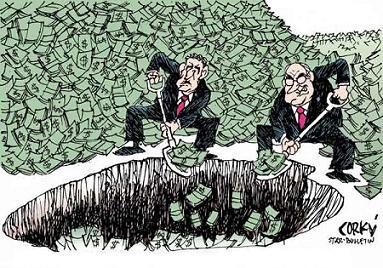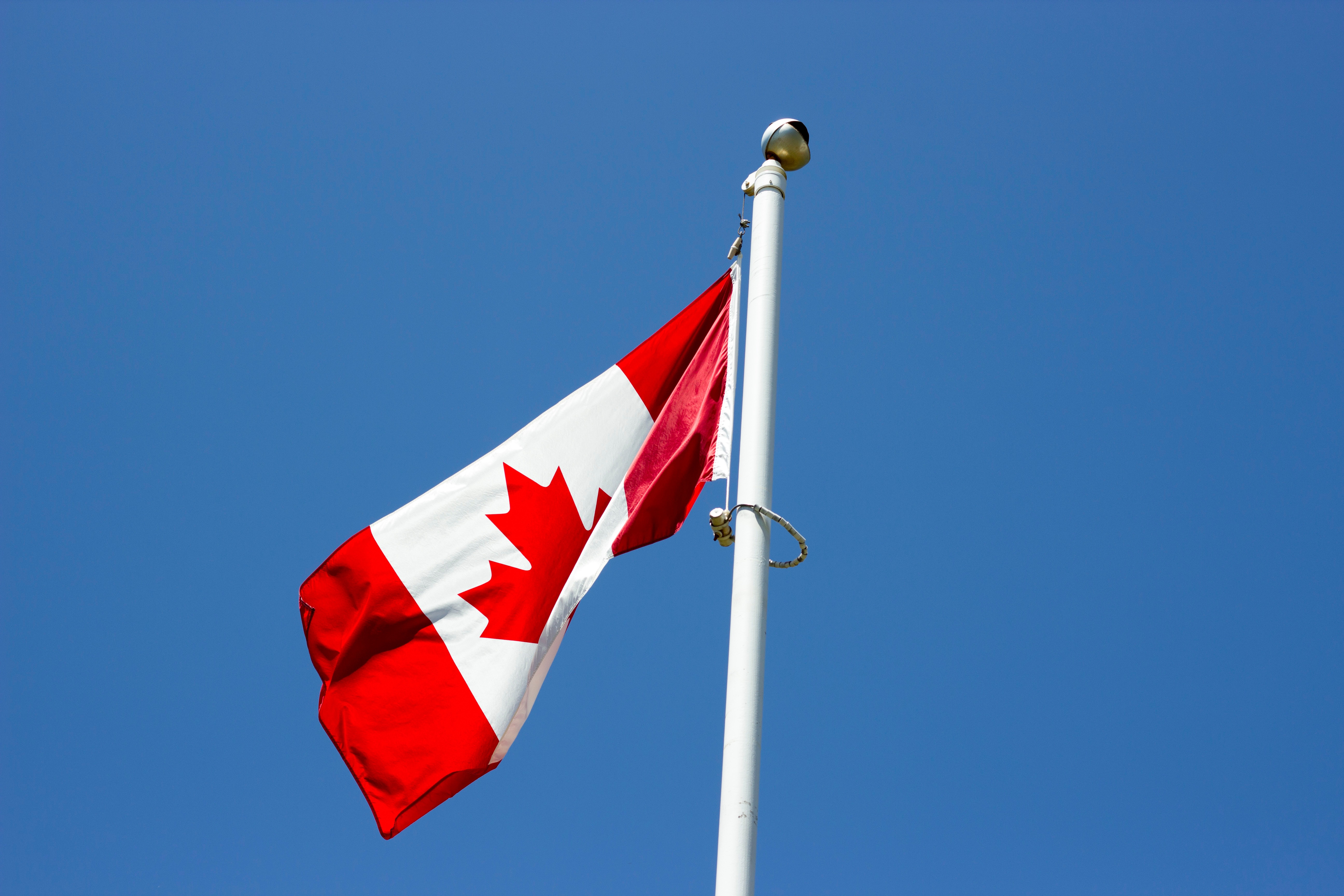The last vestige of the 1990 federal luxury tax disappeared on January 1, 2003 — as the tax on cars expired. Economists had come to appreciate just how destructive the tax was only a few years after it took effect in 1991 and politicians began to repeal sections of it as early as 1993.
Starting in 1991, Washington levied a 10 percent luxury tax on cars valued above $30,000, boats above $100,000, jewelry and furs above $10,000 and private planes above $250,000.
Some tax analysts point out that soak-the-rich tax schemes can backfire and leave the federal Treasury — as well as taxpaying workers — worse off than they were before the meddling began.
Source: Editorial, “Good Riddance to the Luxury Tax,” Wall Street Journal, January 6, 2003.


